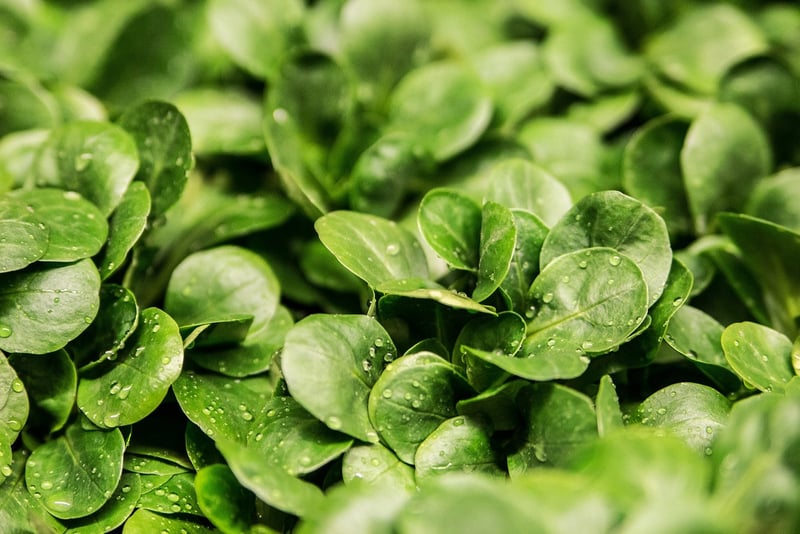Hydroponic Systems
The Future of Farming: Exploring Innovative Agricultural Methods
In recent years, the agricultural industry has witnessed a significant shift towards more sustainable and efficient farming practices. One such method that has gained popularity is hydroponics, a system that allows plants to grow without soil. Let's delve into the world of innovative agricultural methods, focusing on hydroponic systems.
Hydroponic Systems: Revolutionizing Agriculture
Hydroponics is a method of growing plants in a nutrient-rich water solution without the use of soil. This technique offers several advantages over traditional soil-based farming, including:
- Conservation of water: Hydroponic systems use up to 90% less water than conventional farming methods.
- Optimal nutrient absorption: Plants have direct access to essential nutrients, promoting faster growth and higher yields.
- Space efficiency: Hydroponic setups can be implemented in various environments, making it ideal for urban areas or regions with limited arable land.
- Pest and disease control: The controlled environment of hydroponic systems reduces the risk of pests and diseases, minimizing the need for pesticides.
Types of Hydroponic Systems
There are several types of hydroponic systems, each catering to different needs and preferences:
- Deep Water Culture (DWC): Plants grow directly in a nutrient solution with oxygenated water.
- Nutrient Film Technique (NFT): A thin film of nutrient-rich water flows over the roots of plants, providing a constant supply of nutrients.
- Vertical Farming: Utilizes vertical space to grow crops in stacked layers, maximizing production in minimal space.
- Aeroponics: Plants are grown in an air/mist environment, allowing for high oxygen levels around the roots.
Benefits of Hydroponic Farming
Hydroponic farming offers numerous benefits that contribute to its growing popularity among farmers and consumers alike:
- Year-round production of fresh, high-quality produce.
- Reduced environmental impact through water and resource conservation.
- Customizable growing conditions for optimal plant growth.
- Enhanced food security by enabling local production in urban areas.
Embracing Sustainable Agriculture
As the world faces challenges such as climate change and food security, innovative agricultural methods like hydroponics play a crucial role in ensuring sustainable food production. By embracing these advanced techniques, farmers can increase efficiency, reduce environmental impact, and meet the growing demand for fresh, locally grown produce.
Join the agricultural revolution today and explore the endless possibilities of hydroponic farming!

Learn more about hydroponic systems here.
